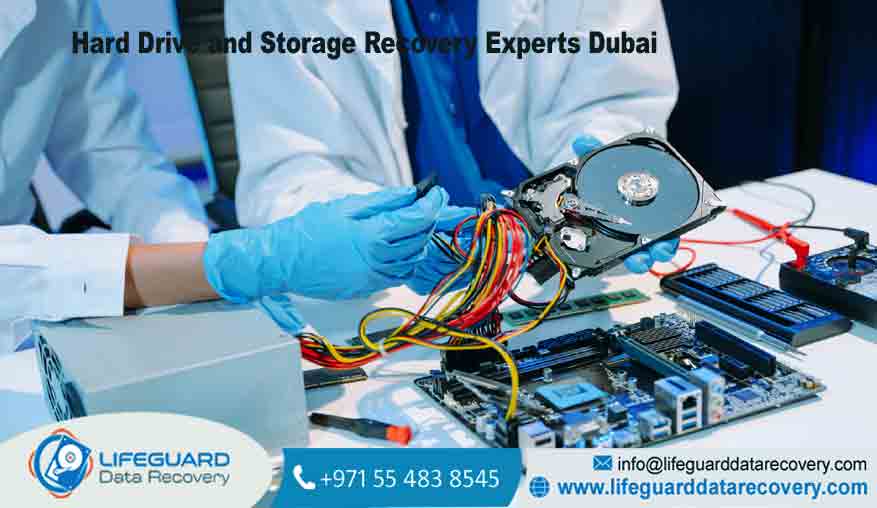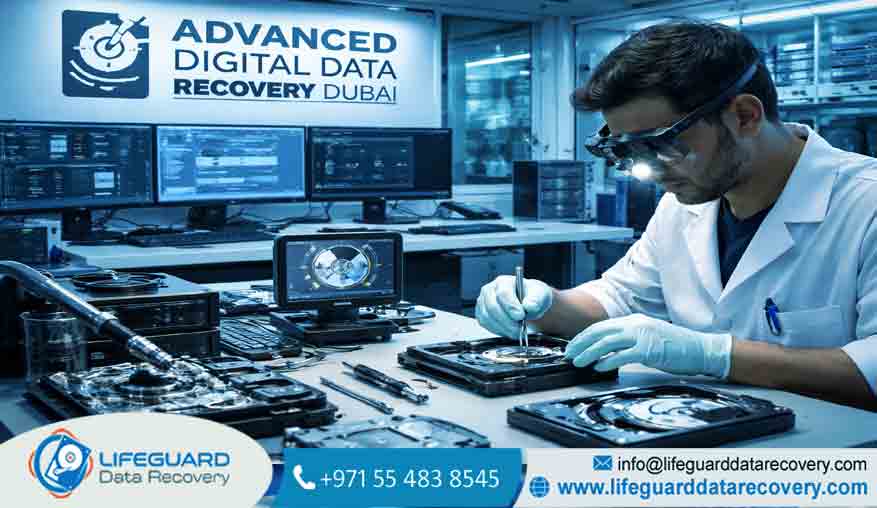In today’s digital world, we rely heavily on hard drives to store personal memories, business projects, and critical documents. hard drive failure causes But no matter how advanced storage technology gets, hard drives are not invincible. They can fail suddenly, leaving people frustrated and worried about their lost files.
To avoid such disasters, it’s important to understand why hard drives fail, what warning signs to look for, and how to protect your data before it’s too late.
Common Causes of Hard Drive Failure
1. Mechanical Issues
Traditional hard disk drives (HDDs) contain spinning platters and magnetic heads. hard drive failure causes Over time, these moving parts wear out, and a small mechanical fault can make the entire drive stop working. If you hear repetitive clicking or grinding noises, it usually signals mechanical trouble.
2. Electrical Problems
Voltage fluctuations, power surges, or a faulty adapter can damage the drive’s circuit board. Electrical issues often make the drive undetectable by the computer, leaving the data trapped inside.
3. Overheating
Hard drives generate heat during use. If your system lacks proper cooling, the rising temperature can warp delicate components inside.
4. Mishandling and Accidents
Dropping a laptop, spilling liquid on an external drive, or rough handling during travel can cause permanent physical damage. Even a minor shock can misalign the read/write head.
5. Firmware or Software Corruption
Every drive has built-in firmware to guide its functions. If that firmware gets corrupted due to bugs, failed updates, or malware, the system may no longer detect the drive. Similarly, file system corruption caused by improper shutdowns or viruses can lock you out of your files.
6. Natural Wear and Tear
Like all electronics, drives have a limited lifespan. Most HDDs last three to five years, while solid-state drives (SSDs) may last longer but still eventually fail after many write cycles.
Signs That Your Hard Drive is Failing
Catching a problem early can save your files. Watch for these warning signs:
-
Strange clicking, grinding, or buzzing noises
-
Computer freezes or slows down unexpectedly
-
Files disappearing, corrupting, or refusing to open
-
Frequent error messages when booting your system
-
Drive not appearing on your computer
If you notice one or more of these symptoms, back up your data immediately.
How to Protect Your Data
Regular Backups
Follow the 3-2-1 rule: keep three copies of your data, stored on two different types of media, with one copy stored offsite (cloud or external location).
Power Protection
Use surge protectors or uninterruptible power supplies (UPS) to shield your devices from unexpected power spikes and outages.
Proper Cooling
Keep your system in a well-ventilated area. Clean dust from vents and fans, and avoid blocking airflow. This keeps the drive’s temperature under control.
Handle with Care
Do not move a hard drive while it’s running. For portable drives, use protective cases and always eject them safely before unplugging.
Monitor Drive Health
Install software tools that track your drive’s SMART status. These tools often detect problems before the drive completely fails.
Update Responsibly
Only update firmware and system files from official sources. Faulty updates or malware-infected files can cause corruption and sudden crashes.
What to Do If a Hard Drive Fails
If your drive stops working:
-
Stop using it immediately – continued use may worsen the damage.
-
Disconnect it if you hear unusual noises.
-
Avoid DIY repairs unless you are dealing with simple logical errors.
-
Contact professional recovery services for valuable files. Experts use cleanrooms and advanced equipment to recover data safely.
FAQs Hard Drive Failure & Data Protection
Q1. How long do hard drives usually last?
On average, HDDs last 3–5 years. SSDs may last longer but are limited by write cycles.
Q2. Can I recover files from a physically damaged drive?
Yes, but only with professional recovery services. They have the tools and clean environments to handle fragile components.
Q3. Are SSDs safer than HDDs?
However, they are still vulnerable to electrical issues and data corruption.
Q4. What’s the safest backup method?
Using a combination of cloud storage and external drives provides maximum safety. Following the 3-2-1 backup strategy ensures redundancy.
Q5. Should I use free recovery software?
Free tools can sometimes fix logical errors, but using them on a failing drive may cause further damage. For critical files, professional help is best.
Q6. Why is my drive overheating?
Blocked airflow, excessive dust, or a failing cooling system may cause overheating. Ensure your device is placed in a ventilated area.
Final Thoughts
Hard drives fail for many reasons—mechanical breakdowns, overheating, accidents, or simple aging. While you cannot stop failure completely, you can prepare for it. Regular backups, careful handling, and protective measures significantly reduce the risk of losing your precious data.
When failure does strike, don’t panic. Stop using the drive, avoid risky DIY fixes, and seek expert data recovery services if the information is important. By staying proactive, you can protect your files and avoid unnecessary stress.



















